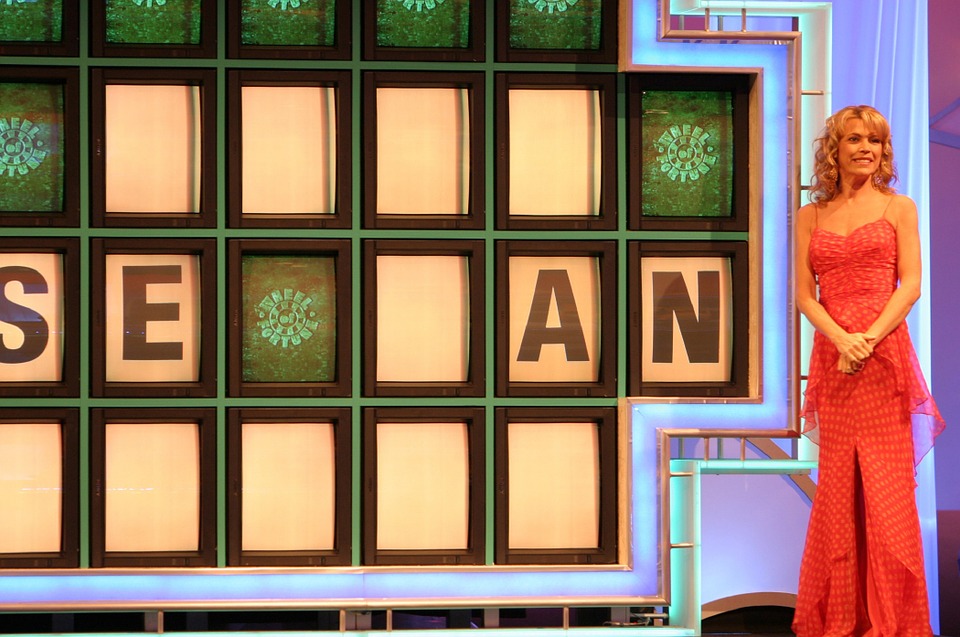In the world of television, when producers are all scrambling to put together their content for the upcoming season, a common saying heard in writer’s rooms and lounges is “if it works, keep it going”. This goes some of the way towards explaining the inexplicable, such as the fact that Big Brother has now wrapped up its 22nd (and supposedly final) season, or that Coronation Street is fast approaching its 10,000th episode.
As long as these shows continue to draw viewers, they’ll stay on the air. But what about shows that make a revival after many years of being off-air? Does it indicate a genuine desire from audiences to see this kind of content, or is it indicative of a lack of imagination from producers?
Both might be responsible for the recent resurgence of classic game shows across all channels – some of which have been off the air for several decades. Let’s dive into the great game show comeback to see if producers are running out of ideas or just giving the people what they want.
What’s Coming Back?

Source: Pixabay
The list of returning game shows over the past year are almost too many to count. It was recently confirmed that the 80s TV show Supermarket Sweep, where contestants have one minute to do a weekly shop, is making a big return, albeit with a new presenter.
Similarly, the iconic 70s game show Name that Tune has been reborn as Beat Shazam this year, with contestants continuing to guess the name of popular songs as quickly as possible for cash prizes.
Perhaps the most high-profile return of the year is the revival of the global hit Who Wants to be a Millionaire?, which will feature Jeremy Clarkson hosting in place of Chris Tarrant. The demand for this one was pretty clear, with the original hiatus being following by releases of video games, spin-offs, an actual West End play about the “coughing incident”, and even an interactive board game by Mattel.
Similarly, rumors have been flying about a return of the hit game show Wheel of Fortune, which last aired back on 2001. Demand from audiences has stayed strong over the past 17 years, demonstrated by the fact that other forms of entertainment based on the show continue to sell, including a major video game by Ubisoft and even a popular slot machine version on Buzz Bingo. Whether it will return to the airwaves is another story.
What Does this Mean?

Source: Pixabay
So, why are we seeing all of these old formats? The answer may be a societal one. The fashion magazine Elle predicts that we’re currently experiencing a wave of collective nostalgia for simpler times, influenced partly by political events and partly by a general cultural shift which rejects the present as a better time than the past.
We may all be collectively pining for a simpler time and hoping that the return of the TV classics of our childhood will help us relive that. Nostalgia is a powerful force and nowhere is this force more alluring than in the media we consume.
